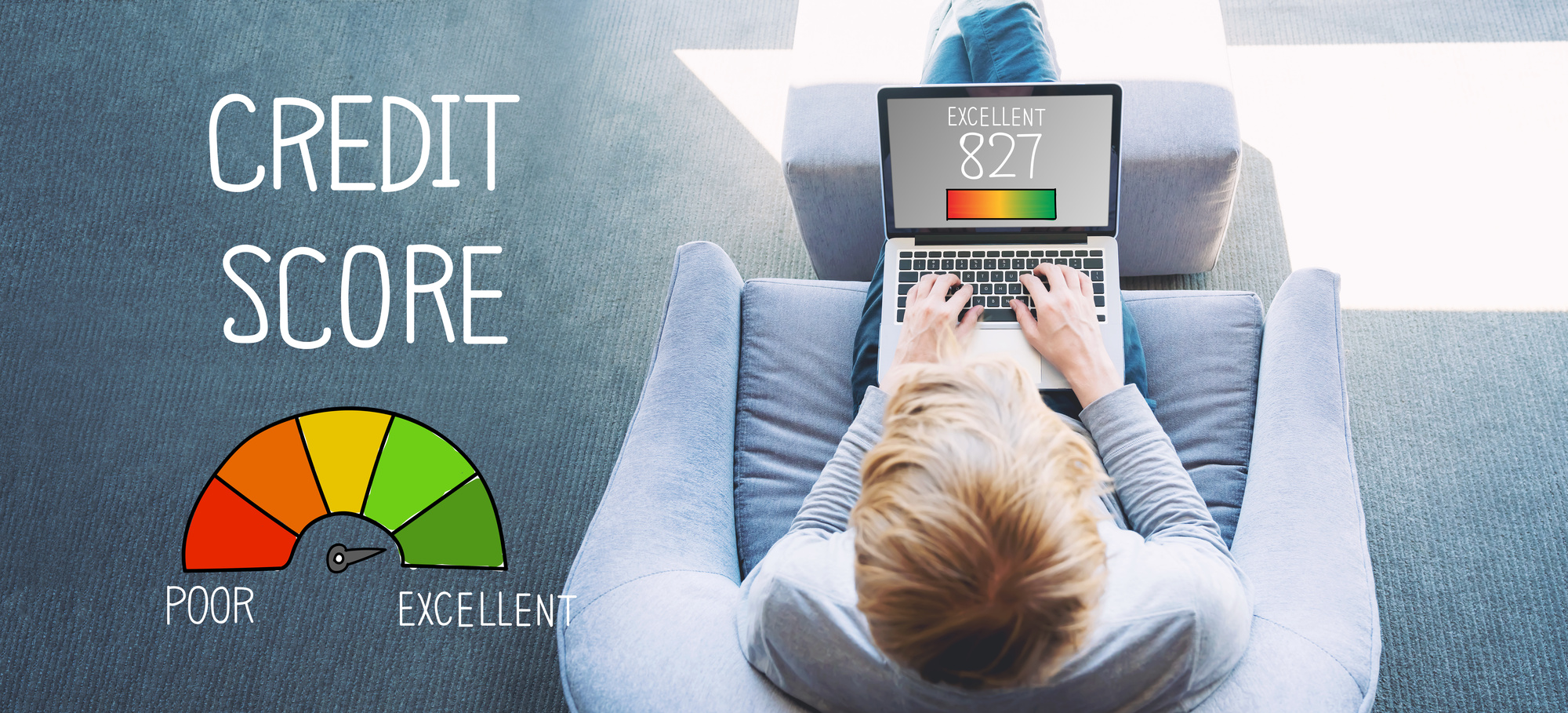
Building Credit: 6 Tips You Need to Know
In a world where credit scores are checked often before providing funding or allowing someone to rent, it’s not easy to build a life before building credit. You must have decent credit to do many things in life. Poor or no credit could prevent you from purchasing a vehicle, renting a home or apartment, buying a house, and much more.
For these reasons, it’s important to understand not only how to build credit but how to maintain it as well. For those either just starting out with no credit or those who may have damaged their credit score, this guide is for you. In the guide below, you’ll learn several tips for building credit.
Continue reading to find out more!
1. Open a Small-Amount Credit Card
One of the first things you can do to begin building your credit score is open a small-amount credit card. It’s understandable to feel threatened by a credit card, as taking out a line of credit can have a negative impact on your score if not handled correctly. Although this is true, it’s almost essential for you to take one out if you want to build your credit score quickly.
For this reason, consider taking out only a small amount such as a $500 credit card. This amount won’t cause you to go into major debt and can easily be paid off. A good way to handle the credit card is to only use it when you know you have the money in your main bank account.
For example, when you fill up on gas, use your credit card and then immediately transfer the money from your bank onto the line of credit. This will boost your credit without setting you back. The main idea is to not use the credit card as “free money” and only use it when needed.
2. Ensure All Bills Are Paid On Time
Another way to improve your credit score or maintain it is to ensure all bills are paid on time. Make a payment schedule for yourself to ensure you know when each bill is due and how much. This will prevent you from missing any payments.
You can write down your bill-pay schedule on a whiteboard on the refrigerator or anywhere else to help you remember. If you have debt, then start paying off any debt as well. Paying off debt and paying bills on time to prevent more debt will help you bring that credit score up and maintain it.
3. Make Small Extra Payments
Aside from paying your bills on time, you should also make small extra payments when possible. Although this isn’t necessary, so don’t put yourself in a financial struggle to do so, it’s a great way to boost that score if you have the means to do it. The extra payments you make don’t have to be a significant amount either.
If you have an extra $10 to put towards one of your loans or bills, then do so. Slowly but surely it’ll help pay your loans off.
4. Apply for an Installment Loan
Applying for installment loans can cause your credit score to drop temporarily. However, this is only for a small amount of time before it’ll go back up (as long as you make your payments on time). This happens because before a lender or bank can approve you for a loan, they must run a credit check.
Be sure to ask your lender if they require a hard credit check or a soft one. A soft pull will have less of a negative effect on your credit, and you should be able to find a lender that doesn’t require a hard pull. You can even visit banks online, such as Farmersbankidaho.com to learn more information about applying for loans and how it affects your credit score.
Once you’re approved and you have the loan, paying these loan payments on time will help improve your score. Just remember to be on time and make extra payments when possible.
5. Monitor Your Credit Score
Unfortunately, it’s not uncommon for someone to find something suspicious on their credit. Fraud happens and so do mistakes. For this reason, don’t forget to monitor your credit score on a regular basis.
If you find anything suspicious, then you can dispute it. It’s also beneficial to keep an eye on your credit score to understand what’s affecting it the most and the different ways you may be able to improve it. For example, if after checking your credit score you learn that a specific loan is causing the biggest hit on your credit, then you can make sure to pay that off first and place any extra payments towards that specific one.
6. Keep Credit Cards Open and Ask for More
Even if you don’t use a credit card and it’s completely paid off, don’t close it. Closing the card will close that line of credit, which can no longer positively affect your score. Instead, keep it open and only use it when you know you have the money to replace it with.
Also, it’s a good idea to ask for a larger amount on credit cards. If you’re in good standing with your current card, then you should be able to get a higher amount on it. This will also improve your credit score as long as you keep the usage of the card above 30% of the total amount.
You Can Start Building Credit Today
Don’t let a poor or non-existent credit score keep you down. You can start building credit today with the help of these useful tips. With these tips in mind and great budgeting, you can start seeing a better credit score in months!
For more helpful information similar to this post, be sure to check back here on a regular basis.
